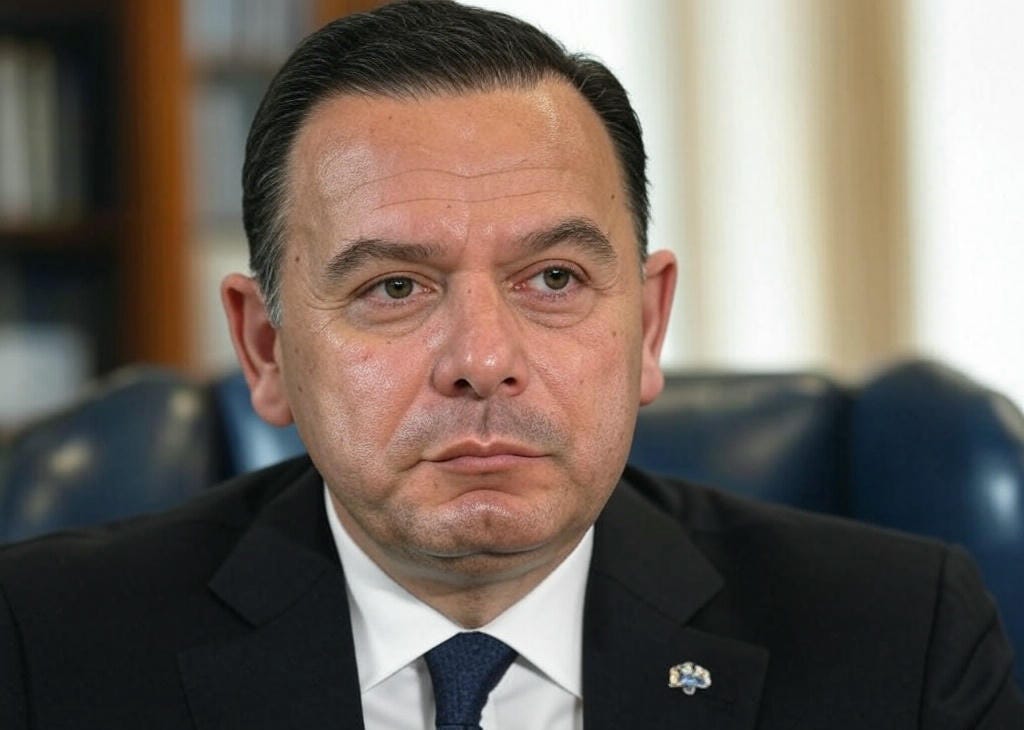Portugal's center-right government has fallen following a no-confidence vote against Prime Minister Luis Montenegro, triggered by corruption allegations involving his family's business dealings.
Driving the News:
No-Confidence Vote: Montenegro lost the vote due to allegations of financial misconduct related to his family's company, leading to the government's collapse.
Election Implications: This development is expected to prompt new elections, potentially altering Portugal's political landscape.
The Big Picture:
Public Trust Erosion: The scandal has intensified public distrust in political institutions, with citizens expressing frustration over recurring corruption issues.
Opposition Gains: The populist right-wing party "Chega" has seen increased support amid the turmoil, reflecting a shift in voter sentiment.
Why It Matters:
Political Stability: The government's collapse underscores vulnerabilities in Portugal's political system and raises concerns about future governance.
Economic Uncertainty: Political instability could impact investor confidence and economic performance, affecting Portugal's recovery efforts post-pandemic.
What's Next:
Election Timeline: If President Marcelo Rebelo de Sousa calls for new elections, they are anticipated to occur in May 2025.
Party Strategies: Political parties are expected to recalibrate their platforms to address corruption and regain public trust ahead of the elections.
The Bottom Line:
Portugal faces a critical juncture as it navigates political upheaval and seeks to restore confidence in its democratic institutions amid allegations of corruption at the highest levels.


